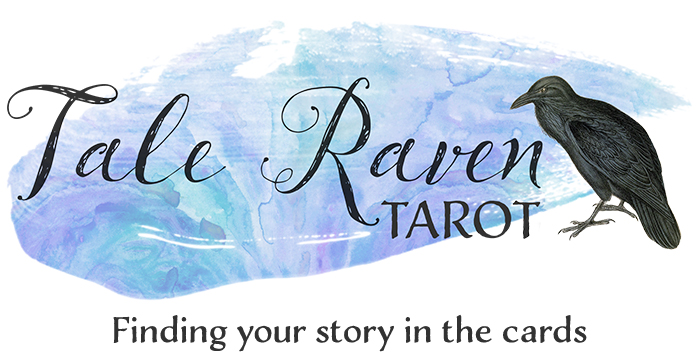This is the third post in my series on lessons for moving past creative blocks from the Five cards in the Tarot.
In this series, I'm sharing lessons from the Five cards in the Tarot—the Five of Swords, the Five of Wands, the Five of Cups, and the Five of Pentacles--and telling you the specifics of how I moved beyond setbacks in my writing career.
My book Call Me by My Other Name is a novel in verse, based on the lives of two people assigned female at birth who lived as husband and wife in the rural Midwest in the late 19th century. It's a queer narrative and a trans narrative told in three voices, Gertrude, the feminine partner, Frank/Anna the masculine partner, and a meta-poetic third narrator who ties the past to the present. It's about marriage and relationships and gender and queer desire and love. Written over the course of ten years, a lot happened in regards to LGBT rights in that time, and yet discrimination remains.
Read the first two posts in the series.
The Five of Cups
It is important to mourn setbacks, but look at this card—too focused on mourning, this figure has their back to what they still have, those cups that haven't been overturned. The good stuff that remains. During the decade I worked on this book, many people did not understand it. Workshop after workshop of heterosexual readers didn't understand why I'd bother telling this story. There was vocabulary they didn't understand (topping, stone, butch, femme, binding, etc), and a famous editor even told me in a one-on-one consultation that no one wanted to read about "people like this." It was devastating. I poured my heart and soul into this book that means the world to me, yet it wasn't landing with readers.
A few different things were going on here. The first is genuine homophobia. I made some straight readers uncomfortable, and they lashed out, rejecting the work. But there were also structural problems with the manuscript at that phase that were alienating the reader, and making it difficult for them to follow the non-linear narrative. I needed to do something with the format to help make this story legible for them. The book will simply never appeal to some people; that's fine. It's not for them. Realizing who your audience is can be hugely important, because it helps you understand what advice to listen to, and what to ignore. Obviously I wasn't going to scrap my entire project just because some old cis straight white dude didn't like it. So I had to find some readers from my target demographic. Lesbians love this book. Which makes sense, because I'm a lesbian, and once I started asking some queer women friends of mine to read it, I started getting better feedback. But there was still something not quite right with the manuscript.
Focusing on what didn't work for my target demographic helped me realize that the voices of my characters were confusing. I needed to do more to differentiate the two main characters, so I worked on revising their language, and reformatting the text—changing the alignment of the poem on the page—to better signal to the reader who was speaking.
If you'd like to learn more about how tarot can help you work through creative blocks, book a tarot reading with me.
Stay tuned next week for Part 4 of the series, where I examine the lessons from the Five of Pentacles.
Deck used: Rider Waite Smith, published by U.S. Games Systems.


